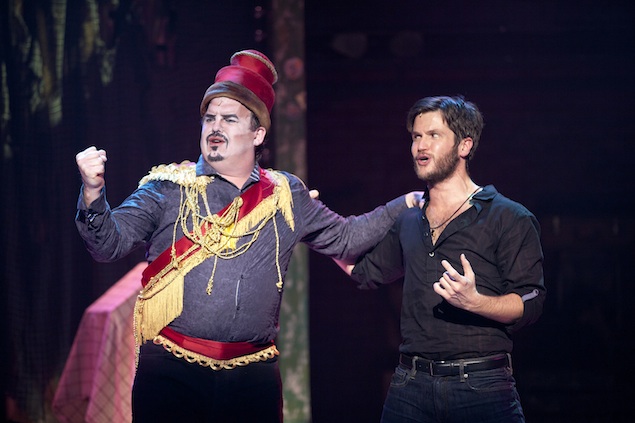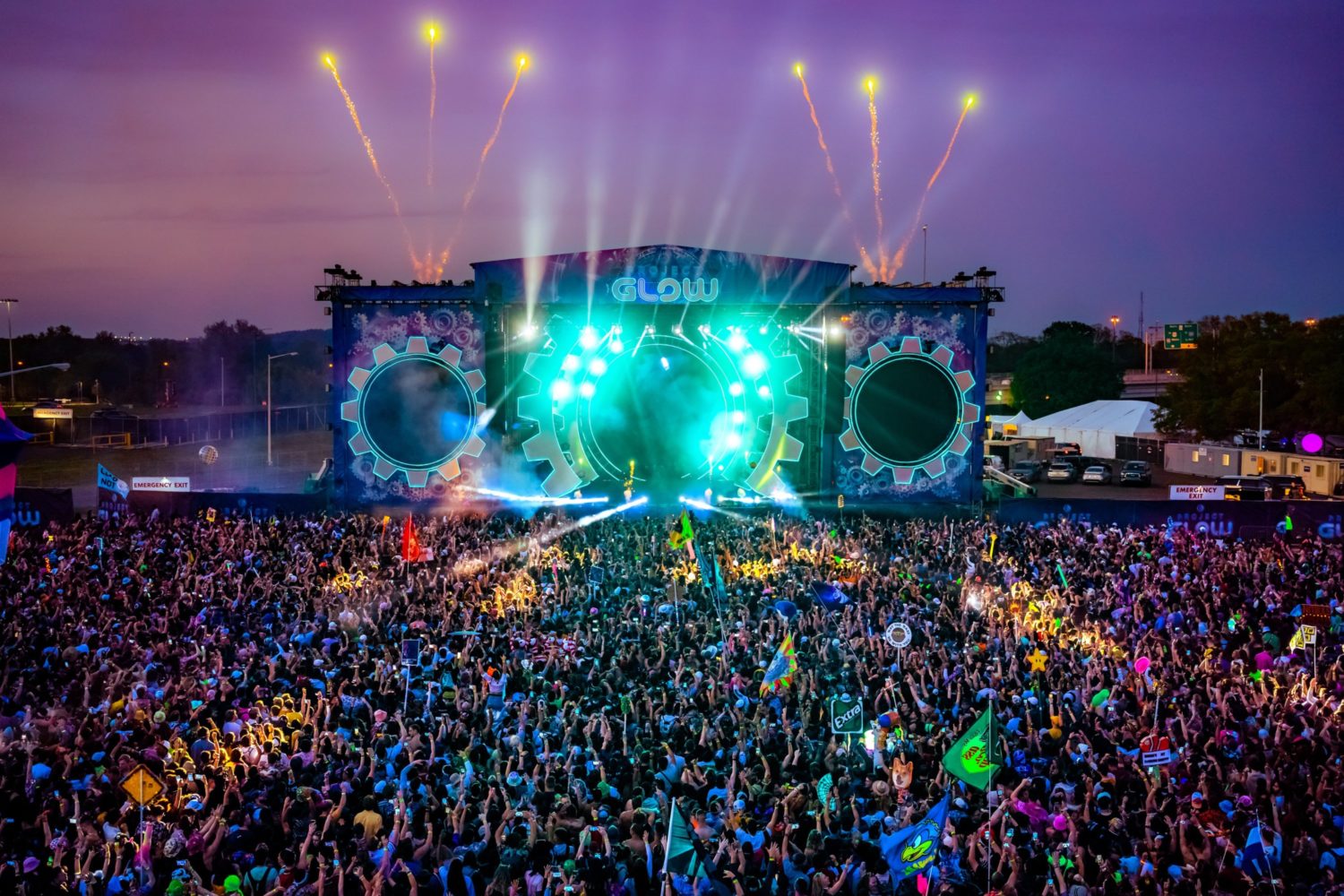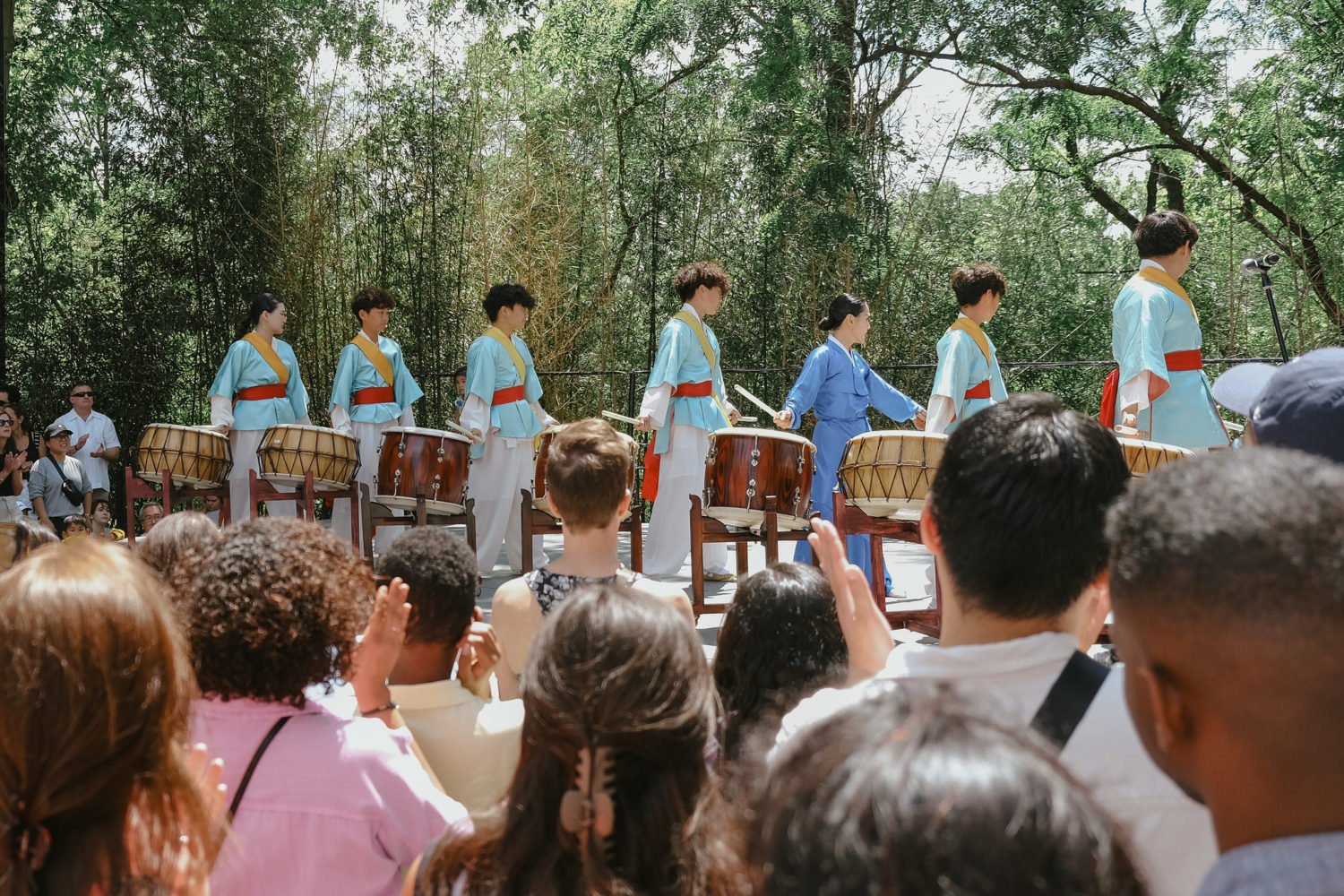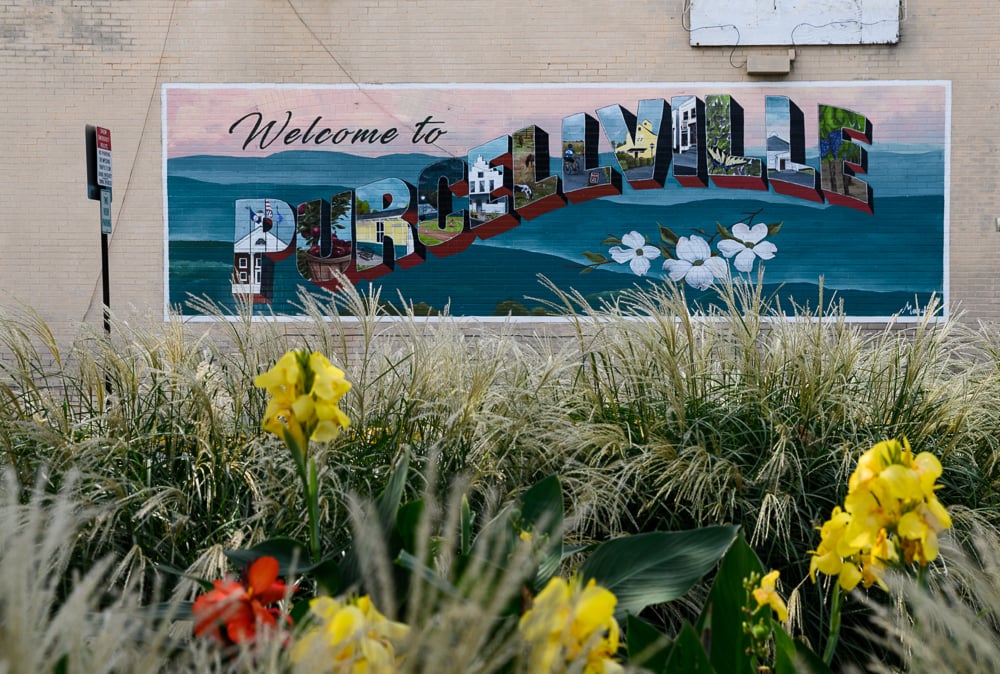Generally, as villains go, they don’t get much creepier than Rasputin, the mystic monk and faith healer who became a symbol of the corruption of the Romanov dynasty and sparked a shift in public opinion that led to the Russian Revolution. In photographs, Rasputin’s sinister eyes peer out through a mane of straggly hair and a ZZ Top-worthy beard; popular culture has him right up there with Pol Pot and Genghis Khan when it comes to all-round evildoing.
So John Dempsey and Dana Rowe‘s decision to reinvent Rasputin as a misunderstood (but devilishly handsome) wretch traumatized by a tragic childhood in their world premiere musical, Brother Russia, currently playing at Signature Theatre, seems like an odd one. Their Rasputin, known as Grigori (played by Doug Kreeger), is something of a romantic hero drawn into sin by the hedonist culture of St. Petersburg; his beard, meanwhile, suggests “hipster” rather than “hair-raisingly sinister miscreant.” To further complicate things, the character is presented in a play-within-a-play staged by a scruffy Russian theater troupe whose leader, Brother Russia (John Lescault), also claims to be Rasputin, staging the story of his life in a brand new musical.
Historical accuracy, therefore, goes somewhat out the window, since Brother Russia claims that in his youth he was seduced by the evil Baba Yaga (Rachel Zampelli), who bestowed magical powers upon him, and then had an enduring love affair with the Tsar’s daughter, Anastasia (Natascia Diaz). Similar erroneous plot points, pointed out by the cast themselves, include the assertions that Tsarina Alexandra was addicted to opium, that Anastasia was loathed by her father, and that early-20th-century Russia was something of a cross between The Rocky Horror Picture Show and an orgy.
If you can push aside inconvenient facts, you can find solace in the 28 songs that make up the Brother Russia soundtrack, including an arresting tribute to the powers of vodka and a reassuring ballad sung to Anastasia by her mother, “Matryoshka,” which is vaguely reminiscent of ABBA’s “Chiquitita.” There’s also sex (see: Baba Yaga), gore (a cloth figure representing the Tsarevich Alexei is preyed upon by a team of hacksaw-wielding doctors), and a Che Guevara T-shirt proudly sported by the wheelchair-bound Brother Russia.
There’s a metaphor in here somewhere about how directors (such as Brother Russia) require and demand the same kind of blind devotion Rasputin did, but it’s hard not to see the artistic process more like the bed-bound Prince Alexei: repeatedly tortured and drained of all life when all it really needs to be left alone. There are some good, affecting songs in Brother Russia, including the aforementioned “Vodka,” and “Siberia,” sung by Anastasia about the frozen Russian wasteland, but there are one or two that feel more dated than Brother Russia’s blue-tinted granny glasses.
Director Eric Schaeffer amps up the rock factor, so the Russian actors sport goth makeup, fishnets, and punk tees under a marquee of colored lights, while Grigori himself rips off his clothes more than once in a particularly Tommy Lee-esque fashion. The cast is impressive, particularly Diaz, who really shines as Anastasia, and Lescault as the theater guru with a cult-like following of disciples. But as Grigori/Rasputin, Doug Kreeger lacks menace–he’s far more believable as the handsome, misunderstood stray who falls in love with a princess than he is as the embodiment of evil incarnate. Dempsey and Rowe may have wanted us to see a softer side of Rasputin, but portraying one of history’s most sinister villains as a priapic but kind-hearted con man nevertheless leaves us feeling a little robbed.
Brother Russia is at Signature Theatre through April 15. Running time is two and a half hours. Tickets ($72 to $86) are available through Signature’s website.


















